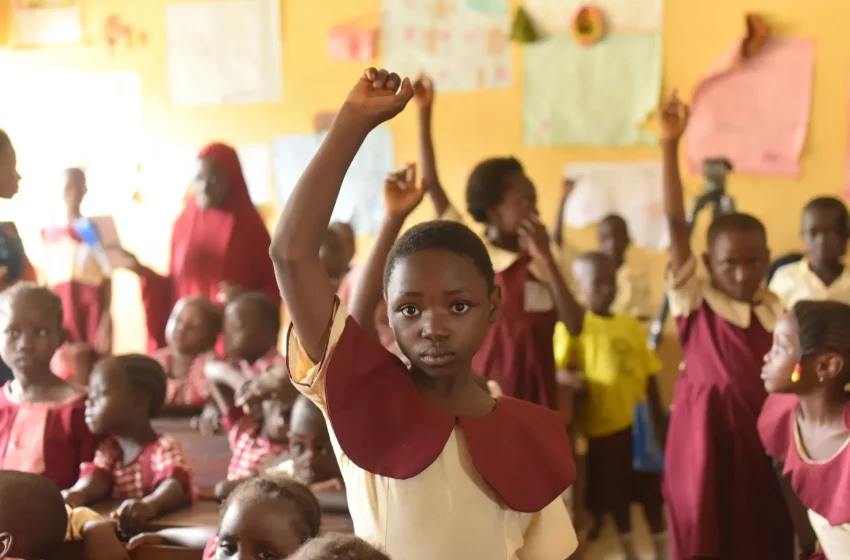Int’l Girl-Child Day: Major challenges facing girls in Nigeria

Girl Child
Girls in Nigeria, like in many other countries, face a range of challenges, both social and structural, that can impact their well-being and opportunities for personal and educational growth.
As the world marks International Day of the Girl Child (IDG), CrispNG examines key challenges facing girls in Nigeria.
1. Limited Access to Education: Despite significant progress, many girls in Nigeria still face barriers to accessing quality education. Factors such as poverty, early marriages, and cultural norms can limit their opportunities to attend school.
2. Child Marriage: Child marriage is a significant issue in Nigeria, with many girls being married off at a very young age. This can severely restrict their opportunities for education, economic independence, and personal development.
3. Gender-Based Violence: Gender-based violence, including physical and sexual violence, is a pervasive problem in Nigeria. Girls can be particularly vulnerable to such violence, both within and outside the home.
4. Female Genital Mutilation/Cutting (FGM/C): FGM/C is still practiced in many parts of Nigeria, despite being illegal. This harmful cultural practice can have severe physical and psychological consequences for girls.
5. Healthcare Disparities: Access to healthcare, particularly maternal and reproductive healthcare, can be challenging for girls and women in Nigeria. This can lead to higher maternal mortality rates and reduced overall health.
6. Economic Disparities: Girls often face economic disadvantages, which can limit their ability to access education and lead to early marriages. They may also face discrimination in the workplace and have limited opportunities for economic empowerment.
7. Limited Political Representation: Women, including girls, are often underrepresented in political leadership positions, which can affect their ability to advocate for policies and programs that benefit them.
8. Limited Access to Technology and Information:** Many girls in Nigeria lack access to technology and the internet, which can be a barrier to education and economic opportunities in an increasingly digital world.
9. Challenges in Conflict Areas: In regions affected by conflict and insecurity, girls face heightened risks of abduction, sexual violence, and displacement, which can severely disrupt their lives and education.
10. Social and Cultural Norms: Deeply rooted gender norms and stereotypes can restrict the choices and opportunities available to girls in Nigeria. These norms can reinforce traditional roles and expectations, limiting their freedom and potential.
Efforts to address these challenges include legal reforms, awareness campaigns, and the work of NGOs and international organizations. Progress is being made, but there is still much work to be done to ensure that girls in Nigeria have equal opportunities and can live safe, healthy, and empowered lives.




